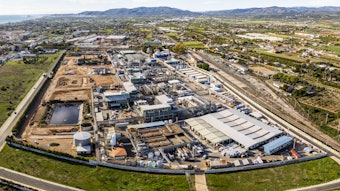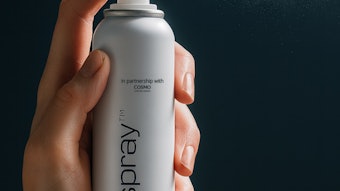In response to the recent adoption of the Scientific Committee on Consumer Safety Opinion on Fragrance Allergens, The International Fragrance Association (IFRA) is proposing a multi-stakeholder process—which includes the input of scientists, regulators and civic groups—in order to address issues surrounding fragrance allergens in cosmetic products.
Following the adoption of the Scientific Committee on Consumer Safety Opinion on Fragrance Allergens published July 31, IFRA is proposing a cooperative approach which includes a series of multi-stakeholder workshops and conferences. The first conference slated for December 2012 in Brussels will focus on bringing various areas of expertise together to reach an agreed upon definition of what constitutes a fragrance skin allergen.
IFRA is also proposing a formal process to review and revise protocols, methodologies and the definition of criteria. The group said it would ideally be held in partnership with the Directorate-General for Health and Consumers (DG SANCO) and involve the scientific community at large, the fragrance industry and its value chain partners.
The proposed process also includes the right of scrutiny for interested civil society groups. Building upon the initiative, the IFRA also suggests using technologies such as smart labeling, telephone hotlines and websites to help consumers obtain detailed, accurate and beneficial information on fragrance materials, which would allow consumers to evaluate a product in relation to potential skin allergens and their own requirements.
Following the pre-consultation phase for the Opinion, IFRA said it has been engaged with experts from the SCCS, the EU Commission, the scientific community and industry working toward resolving potential differences in views.
IFRA said it "firmly believes" that the recent public hearing on the draft Opinion demonstrated the need for a multi-stakeholder approach.










